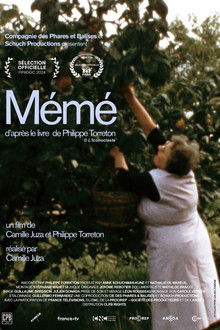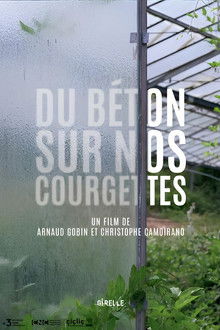Family farmers in southwest France practice an ancestral way of life under threat in a world increasingly dominated by large-scale industrial agriculture.
Related Movies

Žně míru (1950)
Documentary about the harvest of 1950 conceived as a celebration of the joint work of Czechoslovak cooperatives.

Generální zkouška (1950)
Document about the experiences of peasants from the first joint harvests of the unified agricultural cooperative in Vinařice.

Slow Food Revolution (NaN)
Speed - the obsession of the modern world - is determining what people should eat and how. Traditional foods are at risk of disappearing forever. An international eco-gastronomic movement known as Slow Food champions the protection of traditional culture, the environment and biodiversity while encouraging regional production, food education and pleasure. For these passionate and dedicated food lovers, sustainability, community and lifestyle are as important as seasonality, quality and taste.
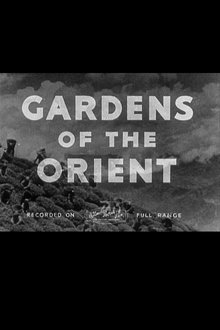
Gardens of the Orient (1936)
This portait of life on the tea plantations is decidedly rosy – clearly, there are no exploited workers here. However, the film provides an intriguing overview of tea production – from the planting of tea seeds to the final shipping of the precious leaves across the globe.
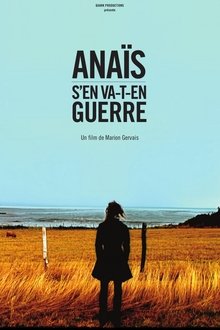
Anais Goes to War (2014)
Anaïs is 24 and nothing can stop her. Neither the bureaucratic rules of administration, nor the misogynistic teachers, nor the out-of-order tractor, nor the whims of the weather. One day she will be a farmer and grow her own aromatic and medicinal herbs. The film follows this hard liner, all alone against the rest of the world. She doesn’t care.
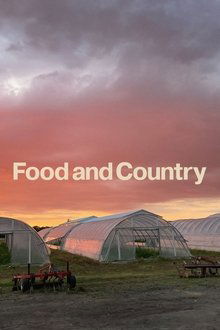
Food and Country (2024)
America's policy of producing cheap food at all costs has long hobbled small independent farmers, ranchers, and chefs. Worried for their survival, trailblazing food writer Ruth Reichl reaches out across political and social divides to uncover the country's broken food system and the innovators risking it all to transform it.
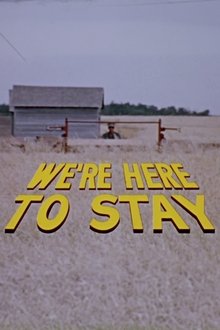
We're Here to Stay (1975)
Farm families in Lestock, Saskatchewan, have pooled their resources so that rising operating costs will not drive them off their land. By pooling their land, their equipment, their livestock, and farming as a cooperative, they are able to live as they choose, to maintain their standard of living, and even to have some spare time left over to enjoy. An engaging look at a novel approach to big-scale farming.
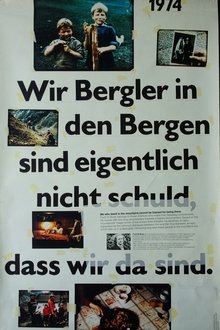
We Who Dwell in the Mountains Cannot Be Blamed for Being There (1974)
A documentary about Swiss mountain folk.
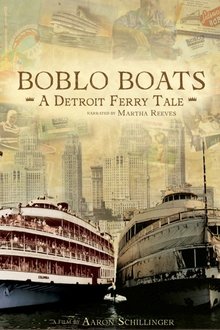
Boblo Boats: A Detroit Ferry Tale (2021)
For over 85 years, steamship Ste. Claire transported generations of Detroiters to Boblo Island, an amusement park nestled in the waters between the US and Canada. When the vessel comes under threat of ruin, a doctor, psychic and amusement park fanatic unite to save their beloved steamship from the scrapyard. Interweaving local lore and mythology, "Boblo Boats" explores the whitewashed history of amusement parks and one crew's crusade to bring back the memories.

Takes Four Years to Grow Coffee (2021)
A beautifully shot exploration of how Puerto Rican coffee farmers struggle to pass on their family traditions in the aftermath of Hurricane Maria.
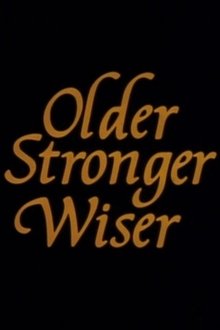
Older, Stronger, Wiser (1989)
In this short documentary, five black women talk about their lives in rural and urban Canada between the 1920s and 1950s. What emerges is a unique history of Canada’s black people and the legacy of their community elders. Produced by the NFB’s iconic Studio D.
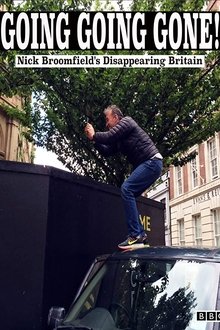
Going Going Gone: Nick Broomfield's Disappearing Britain (2016)
Two iconic British buildings - the Wellington Rooms in Liverpool and the Coal Exchange in Cardiff - are threatened with demolition and Nick Broomfield is on the case.
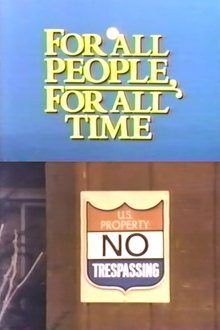
For All People, For All Time (1984)
Mark and Dan Jury document the gradual demise of a community nestled within the Cuyahoga National Recreation Area between Akron and Cleveland, Ohio, as the National Park Service works to acquire the land of ~500 residents in order to establish a National Park. After initially being told only a handful of houses would be taken, residents are shocked by hundreds of homes and businesses being bought up, boarded up, and posted No Trespassing - and by the homes of the politically connected being spared. Significant portions of this film appeared in the PBS FRONTLINE episode For the Good of All.
